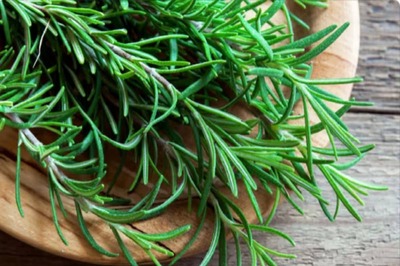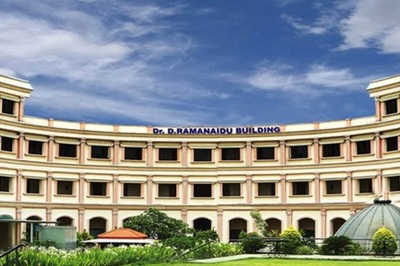
views
Prostate cancer is a prevalent health concern, ranking as the second most commonly occurring cancer in men and the fourth most common cancer overall. In 2020 alone, there were over 1.4 million new cases of prostate cancer reported globally. This statistic underscores the significance of understanding the risks, prevention strategies, and potential impact of diet and nutrition in managing prostate cancer. Maintaining a specific diet and nutritional balance is of utmost importance during and after prostate cancer treatment. Prostate cancer can affect appetite, digestion, and nutrient absorption, making it essential to eat a variety of healthy foods to maintain strength and energy levels.
During prostate cancer treatment:
- Eat a variety of nutrient-rich foodsThis includes plenty of fruits, vegetables, whole grains, lean protein, and healthy fats. These foods will provide your body with the vitamins, minerals, and energy it needs to heal and fight cancer.
- Maintain a healthy weightBeing overweight or obese can increase the risk of side effects from prostate cancer treatment and make it more difficult to recover. If you are overweight or obese, talk to your doctor about ways to lose weight safely.
- Drink plenty of fluidsStaying hydrated is essential for overall health and well-being, especially during cancer treatment. Aim to drink at least 8 glasses of water per day.
After prostate cancer treatment:
- Continue to eat a healthy dietIt is important to maintain a healthy diet after prostate cancer treatment to reduce the risk of recurrence and improve overall health and well-being.
- Get enough proteinProtein is essential for repairing tissues and building new cells. Good sources of protein include lean meats, fish, poultry, eggs, beans, lentils, nuts, and seeds.
- Choose healthy fatsHealthy fats, such as those found in olive oil, avocados, nuts, and seeds, can help reduce inflammation and support overall health.
- Limit processed foods, red meat, and sugary drinksThese foods are high in unhealthy fats, sodium, and sugar, which can increase the risk of chronic diseases such as heart disease, stroke, and diabetes.
Specific diet and nutritional recommendations for prostate cancer patients:
- Eat plenty of fruits and vegetablesFruits and vegetables are packed with vitamins, minerals, and antioxidants that can help boost the immune system and protect against cancer cells. Aim to eat at least 5 servings of fruits and vegetables per day.
- Choose whole grains over refined grainsWhole grains are a good source of fiber, vitamins, and minerals. Refined grains, on the other hand, have been stripped of many of their nutrients. Choose whole-wheat bread and pasta over white bread and pasta, and brown rice over white rice.
- Choose lean protein sourcesLean protein sources, such as fish, poultry, beans, and lentils, are low in saturated fat and high in essential nutrients. Limit your intake of red meat and processed meats, which are high in saturated fat and sodium.
- Choose healthy fatsHealthy fats, such as those found in olive oil, avocados, nuts, and seeds, can help reduce inflammation and support overall health. Limit your intake of saturated and unhealthy fats, such as those found in butter, lard, and processed foods.
- Limit processed foods, red meat, and sugary drinksProcessed foods, red meat, and sugary drinks are high in unhealthy fats, sodium, and sugar, which can increase the risk of chronic diseases such as heart disease, stroke, and diabetes.
It is important to talk to your doctor or a registered dietitian to create a personalized diet plan that meets your individual needs.




















Comments
0 comment